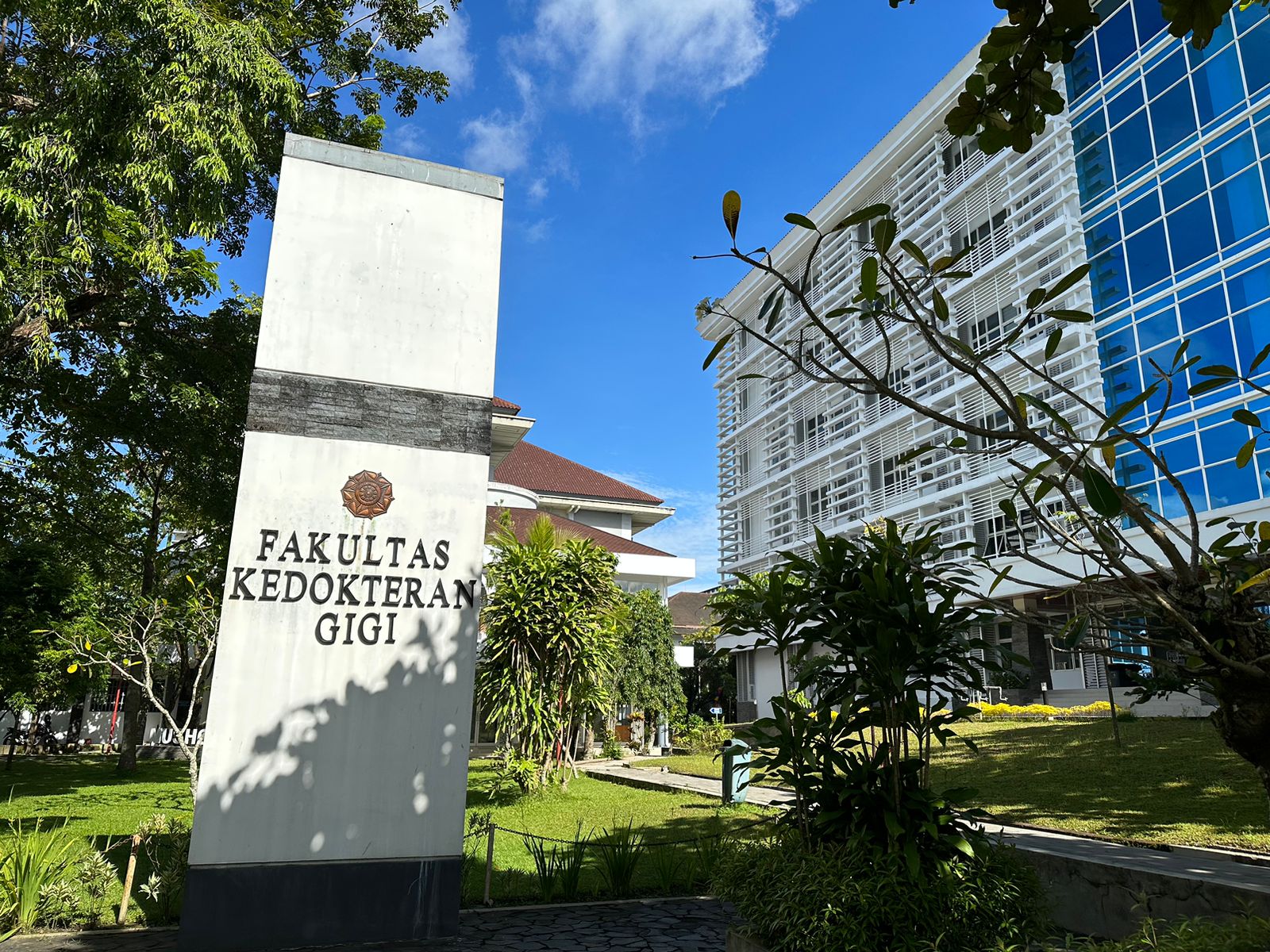On Friday, 20 September 2024, third-semester students of the Dental Hygiene program participated in the Dental Hygiene 1 practicum session at the Dental Unit Laboratory, Soetatmi Suryo Building. This session focused on peer-to-peer dental examinations, allowing students to apply their theoretical knowledge in a practical setting. The activity was supervised by lecturers who provided guidance and support throughout the process.
The primary objective of this practicum session was to equip students with the necessary skills to identify various dental abnormalities. Students were expected to recognize dental caries, restorations, and radicular issues. This hands-on experience is essential for their development as future dental hygiene professionals.
During the session, students paired up to examine each other's teeth. They used various tooth numbering systems to accurately document their findings. This practice not only enhanced their technical skills but also fostered a collaborative learning environment where students could share insights with their peers.
In addition to identifying caries and restorations, students were trained to recognize other dental conditions such as abrasion, erosion, attrition, enamel damage, and fractures on tooth surfaces. This comprehensive approach ensures that students are well-prepared to handle a wide range of dental issues in the future.
Supervising lecturers emphasized the importance of meticulous documentation. Accurate dental examination records are crucial for tracking patient history and planning future treatments. This practice aligns with Sustainable Development Goal (SDG) 4, which aims to ensure access to quality education by preparing students for real-world scenarios they will encounter in their professional careers.
As part of the learning process, students were encouraged to discuss their findings with their peers. These peer interactions not only reinforced their understanding of dental conditions but also enhanced their communication skills, which are vital in the healthcare field. The ability to convey complex information clearly is essential for effective patient care.
The practicum session also highlighted the importance of preventive care in dentistry. By identifying dental issues early, dental hygiene professionals can help patients avoid more severe problems in the future. This proactive approach aligns with the SDGs' goal of ensuring healthy lives and promoting well-being for all.
This hands-on dental examination practice provided students with valuable real-world experience. The skills they developed during this session will be highly beneficial in their future careers as dental hygienists. The integration of SDG principles into their education underscores the importance of preparing students not only for their professional roles but also for their contributions to global health initiatives.
The dental examination practicum session represents a significant step in the education of future dental hygiene professionals. By focusing on peer-to-peer examinations and comprehensive documentation, students are better prepared to identify and address dental issues, ultimately contributing to improved oral health in their communities.
Contributor: Sri Pujiatun | Author: Al Haqi Insan Pratama

